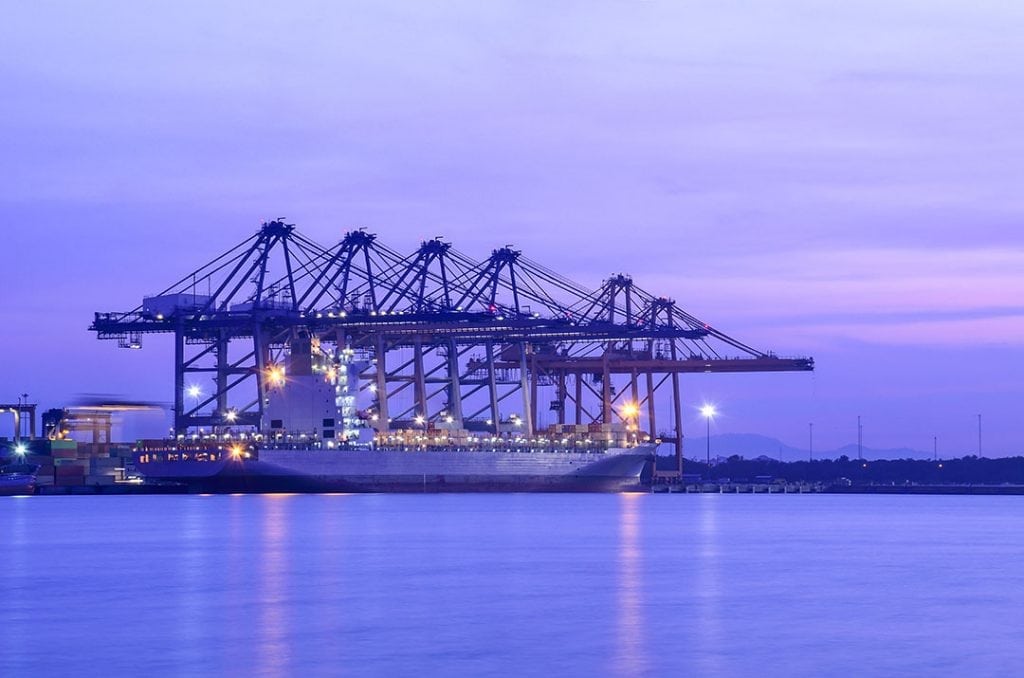
In April, the Chinese government will enact new requirements for pellet imports. | Piyathep/Shutterstock
Officials in Beijing are set to enact new requirements around the purity of recycled plastic pellets imported into China, which could disrupt international markets for U.S. e-plastics.
Since China banned imports of post-consumer scrap plastic, including e-plastics, numerous Chinese companies have moved their recycling facilities to countries in Southeast Asia. There, they import bales, process the plastic into pellets and ship the pellets to China, circumventing import restrictions because pellets are considered a separate commodity. This trend began shortly after China’s new policies took hold, and Southeast Asia remains a key market for e-plastics exported from the U.S.
But in April, the Chinese government will enact new requirements for pellet imports, mandating that shipments have high purity. This was explained by the China Scrap Plastics Association (CSPA) in a recent market update.
The change will require that within a container all pellets must have consistent melt flow, impact strength and other properties. Only 3% to 5% quality difference will be allowed, said Steve Wong, executive director of CSPA.
“The recyclers are really worried about this because sometimes you cannot meet these requirements,” Wong said. That can be the case even with high-quality recycled pellets, he added.
“This will not be easy to comply with,” said Wong, who also runs Fukutomi Recycling.
The requirements were discussed at the China Replas conference last year, Wong said, and there are multiple theories of why the changes are being implemented. Some observers are speculating that the move is part of a push to increase utilization of pellets produced domestically from China-generated scrap plastic.
Although the change comes on-line in April, it may begin as a recommendation and take effect as a mandatory policy at the end of the year, Wong said.
The policy shift will come on top of other struggles recycling companies are facing in Asia, Wong noted. Even without the change, companies are struggling to survive, given low margins due to depressed plastic prices.
Wong described “severe overcapacity” in Southeast Asia caused by recycling firms unable to secure enough imported feedstock to keep their operations running at full bore. He estimated there are 25,000 plastics recycling facilities throughout Southeast Asia, and a majority of them need to process at least 300 or so tons per month to stay afloat.
Evolving import restrictions are adding to the supply challenges.
“Most recyclers in the area have managed to keep their factories running, though at loss-making condition,” he said. “However, it seems they may not be able to continue to survive with the calamitous challenges.”
Additionally, overcapacity in the prime plastic production market is trickling down to depress recycled plastic prices, according to CSPA’s market report.
A version of this story appeared in Plastics Recycling Update on January 8.
More stories about Asia
- BAN report links brokers to surge in US e-scrap exports
- Processor responds to e-Stewards eligibility suspension
- Bill would create critical minerals task force